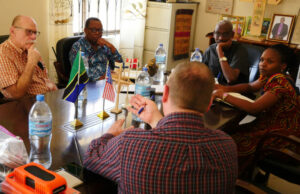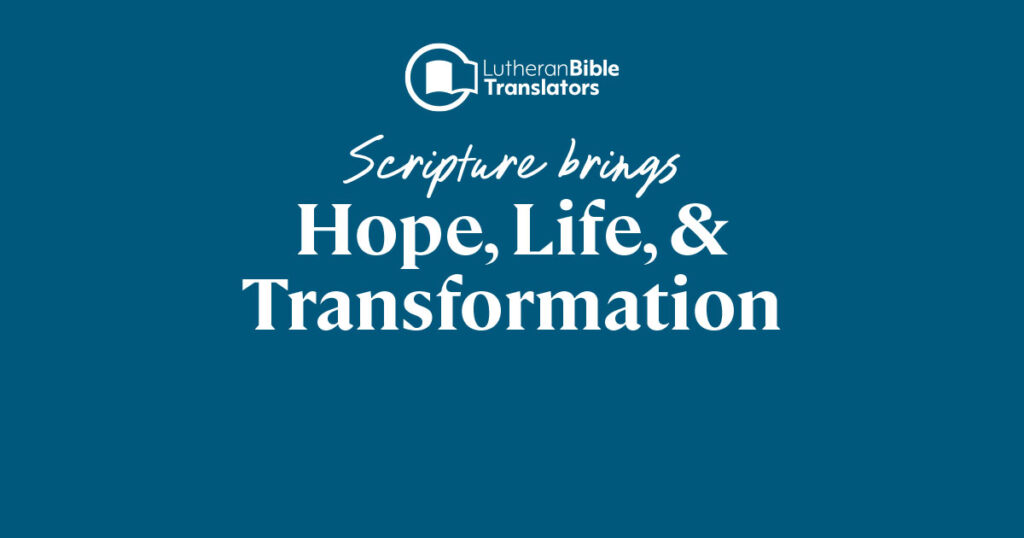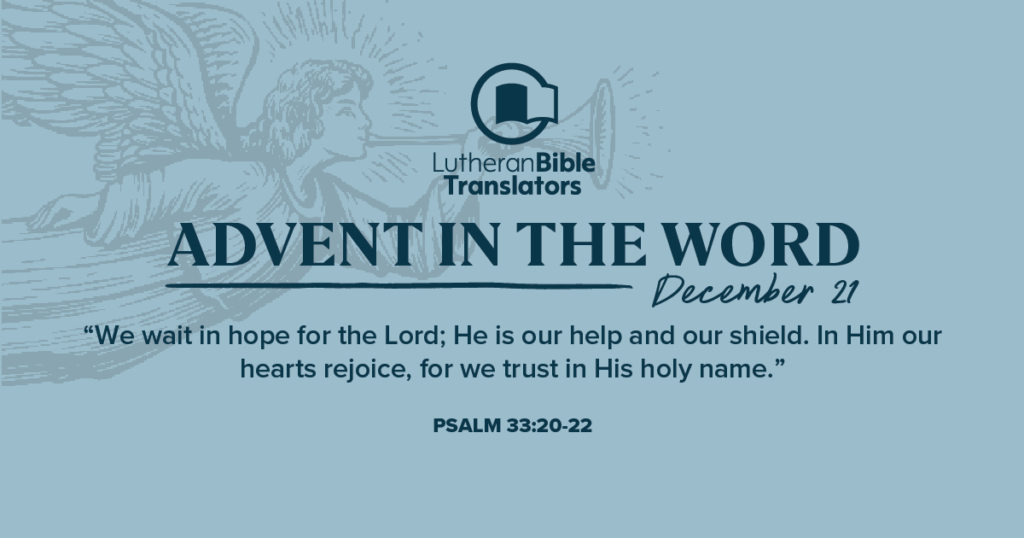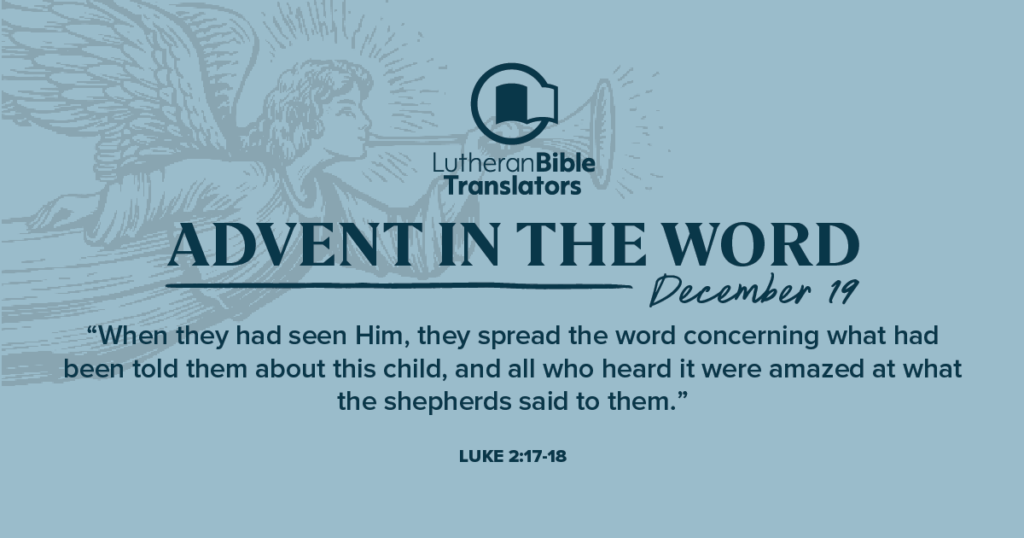Blog
Press Release: June 4, 2019
The Changing Paradigm of Mission

“Anything you’re doing now you could be doing overseas in a year or less as a missionary,” Morrie Watkins, the first executive director of Lutheran Bible Translators, was known to say.
Initially, such ministry opportunity was broad. Almost every developing country welcomed the most basic level of infrastructure support including foreign workers. Using that original paradigm or model, the mission force sent by Lutheran Bible Translators included mechanics, administrators, builders, as well as Bible translators.
Global changes in the 1980s and 1990s demanded new strategies. Missionaries were still responsible for Bible translation and scripture engagement work, but less for infrastructure support. Local citizens were developing skills, and local organizations now had the capacity to take on in-country operations.
 Changing priorities
Changing priorities
The need for western missionaries still exists. In fact, if we had sixteen new teams qualified and trained, these could be sent to work in the mission field today. But change challenges mission leaders to continually rethink the most effective methods. Faced with multiple opportunities to place resources, which opportunities will result in the greatest impact?
The most vital opportunities to engage in Bible translation today are being driven by church partners. Their vision integrates mother tongue scripture and education into local ministry and evangelism strategies. These partners are requesting specific expertise. Their objective is to further strengthen the skills of their increasingly qualified workers and develop more infrastructure to aid in their Bible translation efforts. They want to grow and build local capacity to advance translation and evangelism.
Partnerships bring growth
Current executive director, Dr. Mike Rodewald, knows the value of increasing and strengthening partnerships. He brings a vision to more intentionally connect Bible translation with overseas Lutheran church leaders of some of the largest and fastest growing church bodies in the world. “Bible translation is more than a technical task,” says Dr. Rodewald. “At its core, it is a natural part of an outreach and discipleship strategy by the local church.”
Lutheran Bible Translators has implemented a strategy to visit Lutheran church leaders motivated for mission. One such place is the Ethiopian Evangelical Church Mekane Yesus (EECMY), the largest Lutheran church in the world with 9.3 million members. Assisted by Lutheran Bible Translators, the first class at the Mekane Yesus Seminary recently concluded its initial year of an innovative Bachelor of Theology program, training seminarians in Biblical languages and Bible translation skills.
It’s gratifying to see those early seeds take root and begin to bear fruit. The relationships we have with these partners can potentially be duplicated in Lutheran churches across the world. We’re looking at a paradigm shift in mission the likes of which hasn’t been seen in a long time.
“God gives us all a role in His mission,” says Dr. Rodewald. “This is an exciting time to be involved in Bible translation ministry. What a privilege to see God raising up new leaders and mission vision from places that many here in the west still think of as ‘the mission field’.”






Leave a Reply
You must be logged in to post a comment.